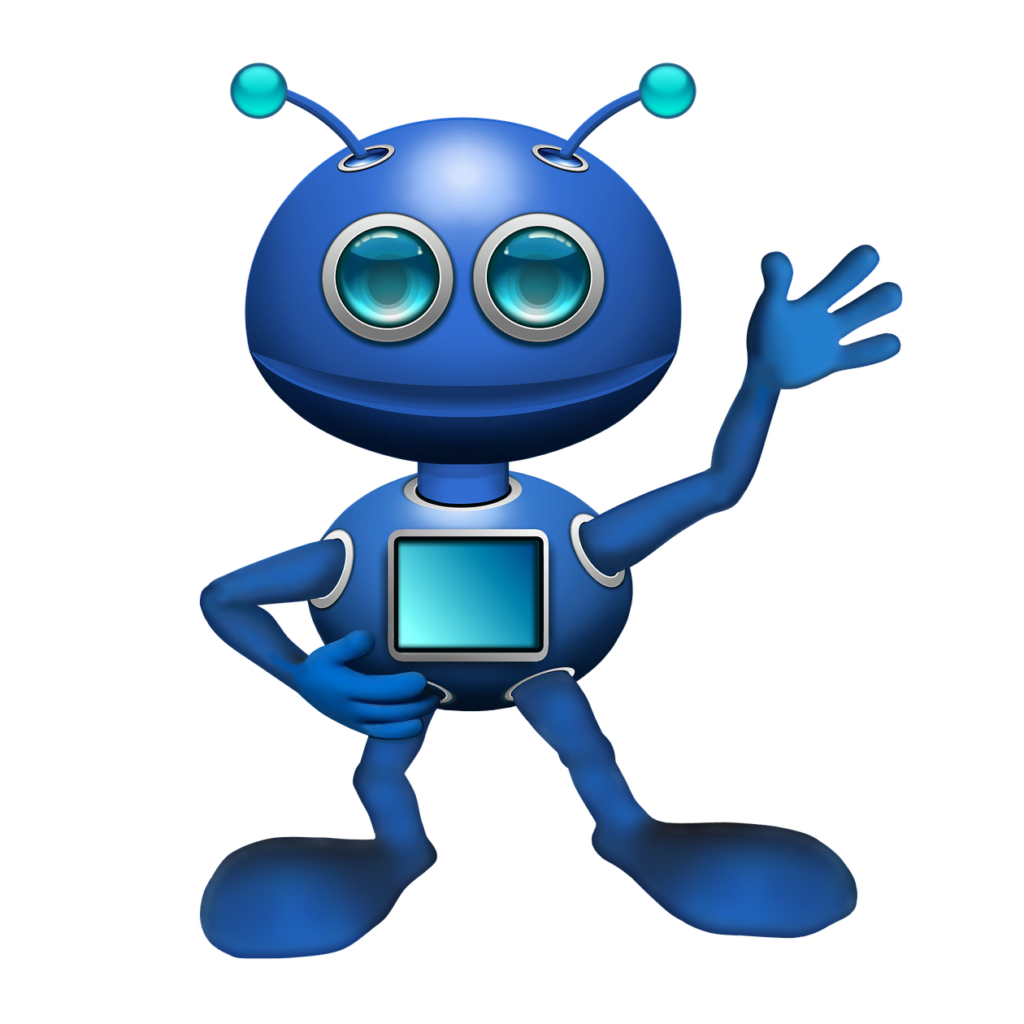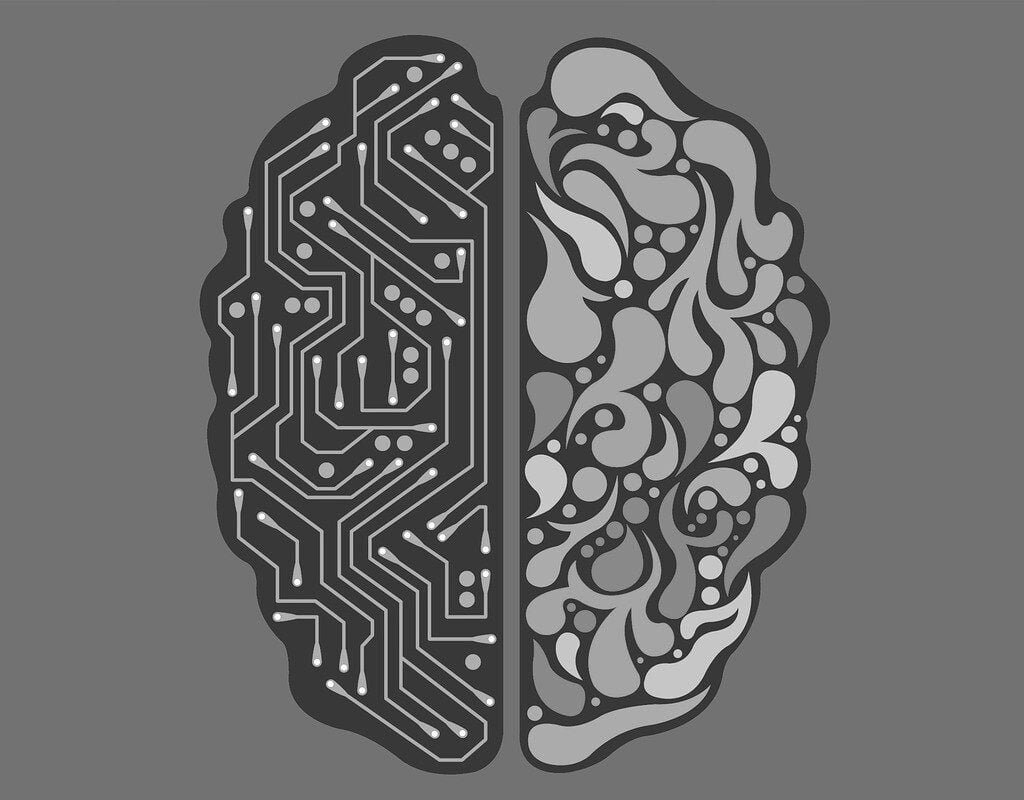In today’s rapidly evolving technological landscape, the integration of artificial intelligence (AI) and automation is transforming the job market as we know it. From factories to offices, AI and automation are revolutionizing the way we work by streamlining processes, increasing efficiency, and augmenting human capabilities. As the demand for skilled workers continues to grow, understanding the implications and possibilities of this technological shift becomes crucial to navigating the future of work. In this article, we will explore the intersection of AI and automation in the job market, examining the potential benefits and challenges it presents, and uncovering how individuals and industries can adapt to thrive in this new era.

The Impact of AI and Automation on the Job Market
In today’s fast-paced world, technological advancements have significantly shaped the job market. The rapid growth of artificial intelligence (AI) and automation has brought about a profound transformation, influencing the nature of work and the demand for various skills and job roles.
AI and automation have played a pivotal role in replacing repetitive and mundane tasks in different industries. Tasks that were once performed by humans can now be done more efficiently and accurately by machines. This has led to increased productivity and cost savings for companies. By automating routine tasks, employees can focus on more complex and creative work, enhancing their overall productivity.
This shift towards AI and automation has also resulted in changes in the demand for skills and job roles. Jobs that require technical expertise and knowledge in AI and automation have seen a surge in demand. There is a growing need for professionals with skills such as data analysis, machine learning, and programming. On the other hand, roles that are highly repetitive and can be easily automated are facing a decline in demand. It is crucial for individuals to adapt to this changing job market by acquiring new skills and embracing opportunities in emerging industries.
Emerging Trends in AI and Automation
The adoption of AI and automation in various industries is on the rise. Organizations are recognizing the potential benefits of utilizing these technologies to streamline their operations and gain a competitive edge. From healthcare to manufacturing, AI and automation are revolutionizing the way industries operate.
Machine learning and predictive analytics have revolutionized decision-making processes. With the ability to analyze vast amounts of data and identify patterns, AI algorithms have become powerful tools in predicting trends, making informed decisions, and improving overall business performance. This has led to more efficient resource allocation, targeted marketing strategies, and enhanced customer experiences.
Robotics and automation are also transforming physical workspaces. Automated systems and robots are taking over tasks such as warehouse management, assembly line operations, and even customer service in some cases. This not only improves efficiency but also reduces the risk of human errors and accidents. However, it is important to find a balance between automation and the human touch, as some jobs still require empathy and personal interaction.

New Challenges and Opportunities for Workers
The rise of the gig economy and flexible work arrangements has been a significant outcome of the AI and automation revolution. Freelancing and remote work opportunities have become more prevalent, offering individuals greater flexibility and control over their schedules. With the rise of platforms that connect gig workers with businesses, individuals can now offer their skills and services to a global market.
However, these changes also bring forth new challenges. The shift in job requirements necessitates a continuous process of upskilling and reskilling. Individuals need to adapt to the ever-evolving technological landscape to remain relevant in the job market. Lifelong learning has become crucial for both personal and professional growth.
Despite the automation of certain tasks, AI and automation have also created new job roles. As industries adopt these technologies, there is a growing demand for professionals who can develop, implement, and manage AI systems. Data scientists, AI engineers, and robotics specialists are just a few examples of the emerging job roles in this field. By embracing these opportunities, individuals can navigate the changing job market and contribute to the development of AI and automation.
Ethical Considerations in AI and Automation
While AI and automation offer numerous benefits, there are ethical considerations that need to be addressed. Bias and fairness in AI algorithms have been a subject of concern. AI systems are only as fair as the data they are trained on, and if the data contains biases, it can perpetuate discrimination. Stricter guidelines and transparency regarding the development and training of AI algorithms are necessary to ensure fairness and avoid unintended consequences.
privacy and security concerns also loom over the adoption of AI and automation. With the increasing collection and utilization of personal data, there is a need for robust measures to protect individuals’ privacy and prevent data breaches. Organizations must prioritize data security and ensure compliance with relevant regulations to maintain public trust.
Another significant consideration is the impact of AI and automation on income inequality and job loss. As automation replaces certain job roles, there is a concern that a significant portion of the workforce will be left unemployed. It is crucial to implement measures that support those affected by automation, such as providing training programs and assistance in transitioning to new roles. Governments, industries, and civil society must work together to ensure that the benefits of AI and automation are shared equitably.

Preparing for the Future Job Market
In order to navigate the ever-changing job market, individuals need to focus on lifelong learning and continuous upskilling. With the rapid pace of technological advancements, it is crucial to stay updated on the latest developments and acquire new skills accordingly. This can be achieved through formal education, online courses, workshops, and professional development opportunities.
To support workforce transitions, robust social policies are essential. Governments and organizations must establish programs that assist individuals in reskilling and provide financial support during periods of transition. Additionally, collaboration between humans and AI should be encouraged to enhance productivity. By leveraging AI technologies, individuals can augment their capabilities and achieve greater efficiency in their work.
Government and Industry Initiatives
Both governments and industries play an important role in shaping the future of AI and automation. Investments in research and development are crucial to drive innovation and technological advancements. By funding projects that focus on AI and automation, governments can foster the growth of these industries and create an environment conducive to innovation.
Regulations are also necessary to protect workers and ensure the ethical use of AI. Governments need to establish guidelines and standards that address the potential risks associated with AI and automation. This includes monitoring the impact of these technologies on job markets, designing policies that support affected workers, and preventing the misuse of AI for unethical purposes.
Partnerships between academia and industry are vital to address the workforce needs in the AI and automation sector. By collaborating on research initiatives and curriculum development, educational institutions can equip students with the necessary skills to thrive in this evolving job market. Industry involvement ensures that the education provided is aligned with the practical demands of the field.
The Role of Education and Training
Education plays a pivotal role in preparing individuals for the future workforce. Integrating AI and automation education in school curricula is essential to equip students with the foundational knowledge and skills to thrive in a technology-driven world. This can include introducing basic concepts of AI, robotics, and automation from an early stage.
Promoting STEM (Science, Technology, Engineering, and Mathematics) and digital literacy skills is also crucial. By nurturing interest and proficiency in these areas, individuals can build a solid foundation for careers in AI and automation. Access to quality education and training programs that focus on reskilling and upskilling employees is equally important for adults who are already in the job market.
Implications for Different Industries
AI and automation are poised to transform various industries. In healthcare, AI-driven diagnostics and treatment have the potential to revolutionize patient care and improve outcomes. From analyzing medical images to predicting disease progression, AI can assist healthcare professionals in making accurate diagnoses and providing personalized treatment plans.
Automation in manufacturing has had a significant impact on employment. Tasks that were once performed by humans on assembly lines are now automated, reducing the need for manual labor. While this has led to an increase in productivity, it has also resulted in job displacement. It is crucial for the manufacturing industry to find a balance between automation and preserving employment opportunities.
Transportation and logistics are also experiencing a revolution through autonomous vehicles. Self-driving cars and trucks have the potential to improve road safety, reduce traffic congestion, and enhance overall efficiency in the transportation sector. However, the widespread adoption of autonomous vehicles may disrupt employment in the traditional transportation industry, requiring a shift in job roles and skill requirements.
The Future Workforce: Humans and AI Collaboration
Rather than replacing humans, AI and automation have the potential to augment human abilities and facilitate innovation. By leveraging AI technologies, individuals can focus on tasks that require creativity, critical thinking, and strategic decision-making. Humans possess unique skills such as emotional intelligence, empathy, and adaptability, which can be combined with AI capabilities to create a productive and harmonious work environment.
The potential for new job creation and innovation is immense. As AI and automation continue to evolve, new job roles and industries will emerge. This offers individuals the opportunity to contribute to these advancements and shape the future of work. By embracing continuous learning and adapting to new technologies, individuals can remain valuable contributors to the workforce.
Creating work environments that value human skills is crucial. Employers should focus on fostering a culture that encourages collaboration, creativity, and critical thinking. By recognizing and rewarding these skills, organizations can harness the full potential of their workforce and create a positive work environment.
Conclusion
The impact of AI and automation on the job market is undeniable. As these technologies continue to advance, they are reshaping industries, creating new challenges and opportunities, and raising ethical considerations. Embracing AI and automation as enablers of growth and efficiency is essential. However, it is equally important to balance technological advancements with ethical considerations to ensure fairness, privacy, and security.
Preparing for the future job market requires a commitment to lifelong learning and continuous upskilling. Governments and industries must collaborate to support workforce transitions through robust social policies. The role of education and training in equipping individuals with the necessary skills cannot be overstated. By integrating AI and automation education in school curricula and promoting STEM and digital literacy skills, individuals can thrive in the evolving job market.
While there are challenges and implications for different industries, the future of work lies in collaboration between humans and AI. By augmenting human abilities with AI technologies, individuals can unlock new job opportunities and drive innovation. Ultimately, adapting and preparing for a changing job market is crucial to embrace the potential of AI and automation and navigate the future of work.



